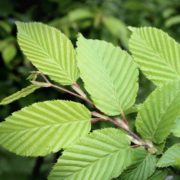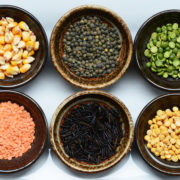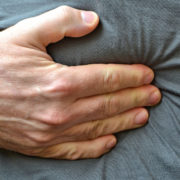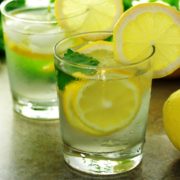Calming the Burn of Acid Reflux
Heart burn, a symptom of acid reflux or GERD, is experienced by about 60% of the adult population in North America each year. It is usually created by weakness in the Lower Esophageal Sphincter (LES), excess weight, Hiatal Hernia, or poor gastric emptying (when food stays in your stomach too long). GERD is a serious health condition that should be monitored by your Naturopathic physician or Western Doctor. Here are some tips you can use as adjuncts to recommendations made by your healthcare practitioner.
Slippery Elm – is a demulcent herb that helps to soothe inflammation by creating a protective film over mucous membranes like your esophagus and stomach. Slippery elm is a mild tasting herb so it is easy to take as a tea, or can be found in capsules. It is best taken after meals or before bed to help with symptoms of heart burn.
Melatonin – is very useful in increasing the strength of the LES and therefore reduction of heart burn. In one study, melatonin was found to be almost 35% more effective than Omprezole after 40 days of treatment. The study participants were given 3 g/day before bed. I have replicated these results in practice with the majority of my reflux patients.
Curcumin – in another study, 14 participants on medication for acid reflux were given 2g/day of curcumin. After 2 weeks all participants came off their medications and after 2 months, 11 of participants were symptom free.
Diet modifications – I find that in the majority of cases I see, food sensitivity testing is very helpful for reducing the symptoms of acid reflux. People testing positive for celiac and/or gluten intolerance are found to have higher incidence of acid reflux, so it is worth cutting this out if you have symptoms.





